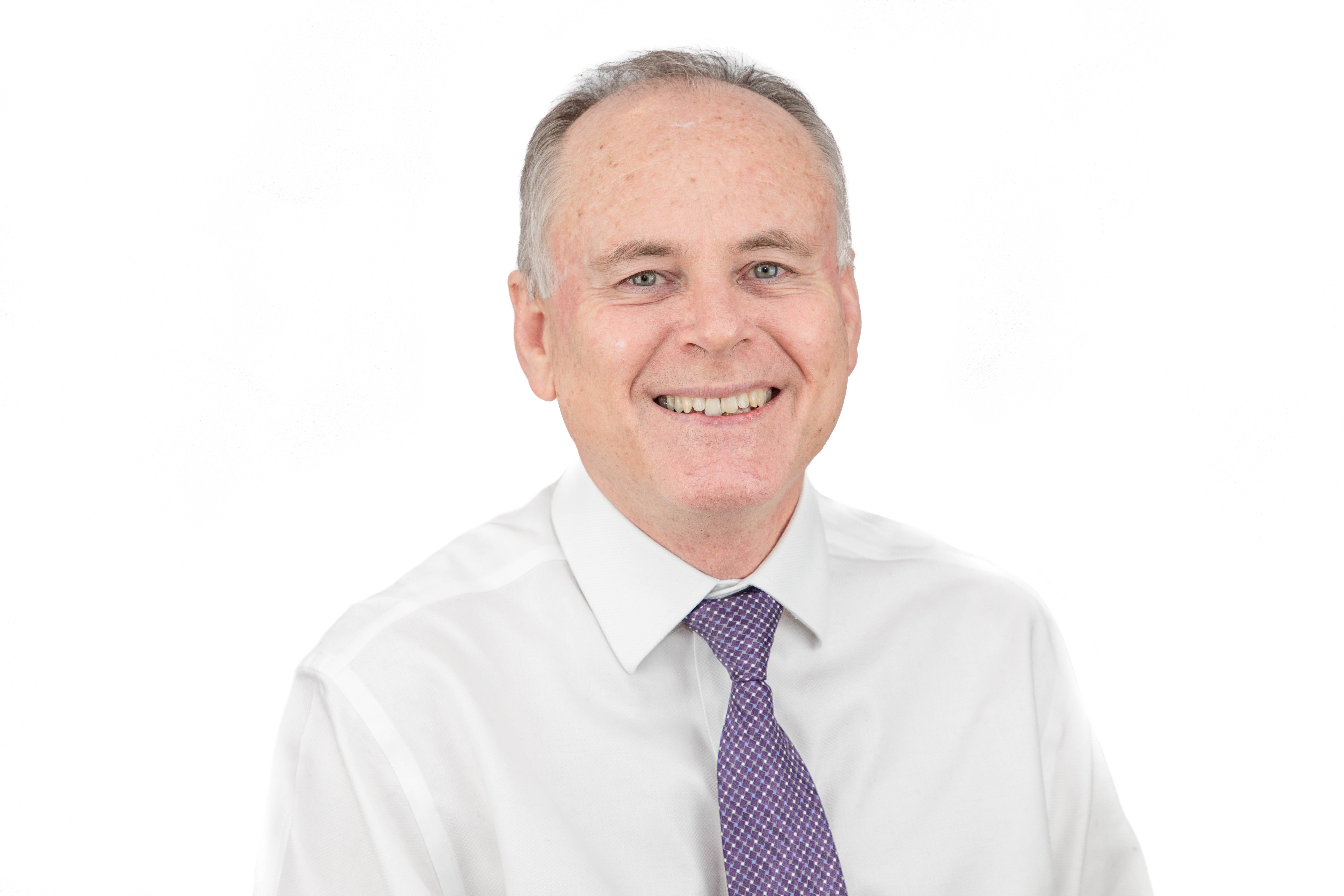‘Movember’ – five things to know about prostate cancer

Movember is the annual campaign that seeks to raise awareness of men’s health problems such as prostate cancer, testicular cancer and men’s suicide. To mark the campaign, we’ve spoken to Chris Anderson, consultant urological surgeon at Parkside Private Hospital (working closely with colleagues at the Cancer Centre London), about prostate cancer.
What is prostate cancer and why does it occur?
Prostate cancer occurs when the cells in the prostate gland grow out of control. They initially spread within the prostate and then grow through the capsule that covers the prostate into neighbouring organs, or spread through the bloodstream or lymphatic system to other parts of the body. Some prostate cancers are slow growing, causing few clinical symptoms. In these cases, a patient will often die with prostate cancer rather than from prostate cancer.
What are some of the signs and symptoms?
Early stage Prostate cancer usually doesn’t produce any noticeable symptoms; so many cases aren’t detected until the cancer has spread. When signs and symptoms do occur, they depend on how advanced the cancer is and to which organs it might have spread to.
Fewer than 5 per cent of cases of prostate cancer have urinary problems as the initial symptom. These can include: trouble initiating urinating; decreased urinary flow; urinary infection; frequency and urgency; blood in the urine and/or semen.
What are the causes / risk factors of prostate cancer?
The chance of an individual developing cancer depends on both genetic and non-genetic factors. A genetic factor is an inherited, unchangeable trait, while a non-genetic factor is a variable in a person’s environment like diet, exercise, or exposure to other substances present in our surroundings.
Approximately 15% of men with prostate cancer have a first-degree male relative (father or brother) with prostate cancer, compared with 8% of the general population.
The incidence of prostate cancer increases with age, particularly over 50. It is most common in men over the age of 55, with the average age at diagnosis being 70.
Black men are nearly twice as likely to develop prostate cancer as white men and are twice as likely to die from the disease.
Prostate cancer is more commonly associated with consumption of a diet high in animal fat and/or lacking certain nutrients. In Asian countries where more fish, vegetables, and soy products are eaten, the incidence and death rate from prostate cancer is less than in Western countries.
How do you test for the cancer?
While with most cancers, early detection increases the chance of a cure, it is unclear whether screening for prostate cancer reduces the number of deaths from this disease.
Despite this, it is good practise for men over 50 to undergo annual digital rectal examination to assess the texture and size of the prostate, and PSA blood test. These findings might be followed by MRI scanning and prostate biopsy. Together these investigations improve the chance of identifying prostate cancer at an early stage.
How is it treated?
There are various treatments options depending on several factors. These include how fast the cancer is growing, how much it has spread, one’s age and life expectancy, as well as the benefits and the potential side effects of the treatment. The most common treatments include:
- Surgical treatment: Robot-assisted laparoscopic radical prostatectomy (RARP): This cutting edge development has transformed the traditional method of open prostate removal by giving surgeons a minimally invasive way to perform the same manoeuvres that they did with their hands. Movements are fully intuitive, instruments are articulated, and vision is significantly magnified and projected in 3D. Blood loss, hospital stay and pain medication are far less and recovery is faster.
- External beam radiation therapy (EBRT): this uses high-powered X-rays to kill cancer cells. Computer-imaging software helps find the best angles to aim the beams of radiation. Precisely focused radiation kills the cancer while minimizing harm to surrounding tissue.
- Radioactive seed implants (Brachytherapy): The implanted radioactive seeds placed in the prostate deliver a higher dose of radiation than do external beams, but over a substantially longer period of time.
- Hormone Therapy: this involves trying to stop the body from producing testosterone, which can stimulate the growth of cancer cells. In most men with advanced prostate cancer, this form of treatment is effective in helping both shrink the cancer and slow the growth of tumours.
- Cryotherapy: this is a treatment used to destroy cells by freezing tissue.
- Watchful Waiting: may be particularly appropriate for the elderly patient or in poor health or both. Repeated PSA blood tests are used at regular intervals to monitor the cancer. A rising trend might prompt a change in the approach to managing the cancer.
- Chemotherapy /Immune Therapy: Chemotherapy uses chemicals that destroy rapidly growing cells. It can be effective in treating advanced prostate cancer but unlikely to cure it.

About Mr Chris Anderson
Mr Anderson is a consultant urological surgeon at Parkside Private Hospital who works closely with colleagues at Cancer Centre London. To make an appointment email opdappointments@parkside-hospital.co.uk or call 020 3918 9463.
Date: 01/11/2020


